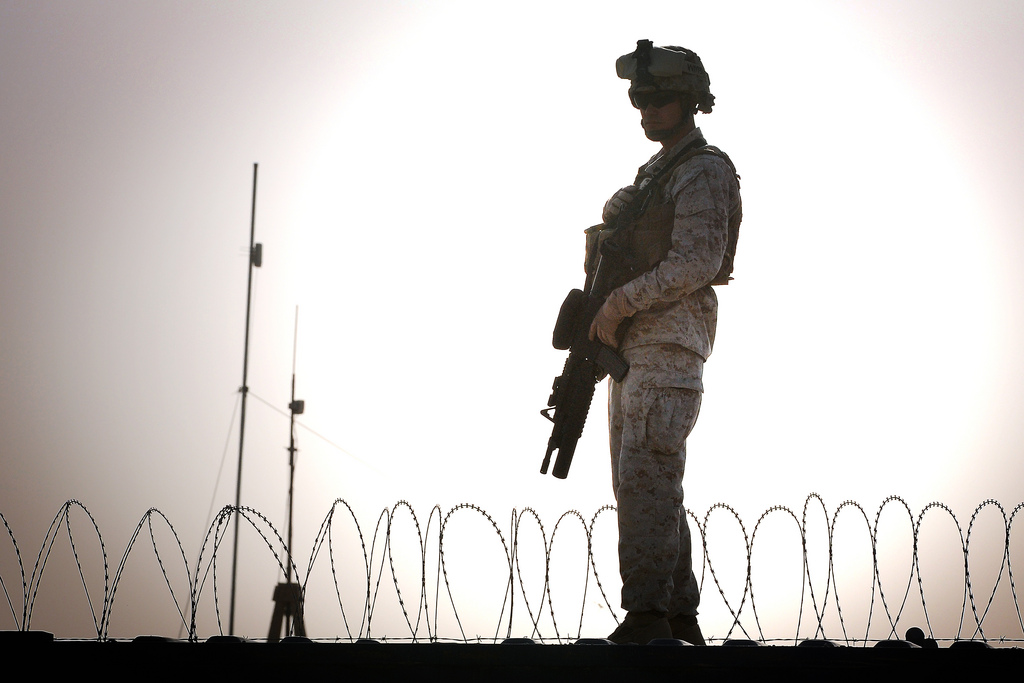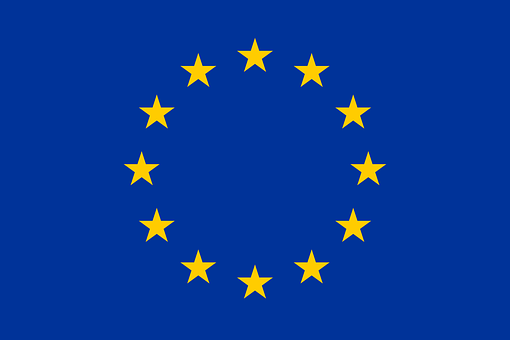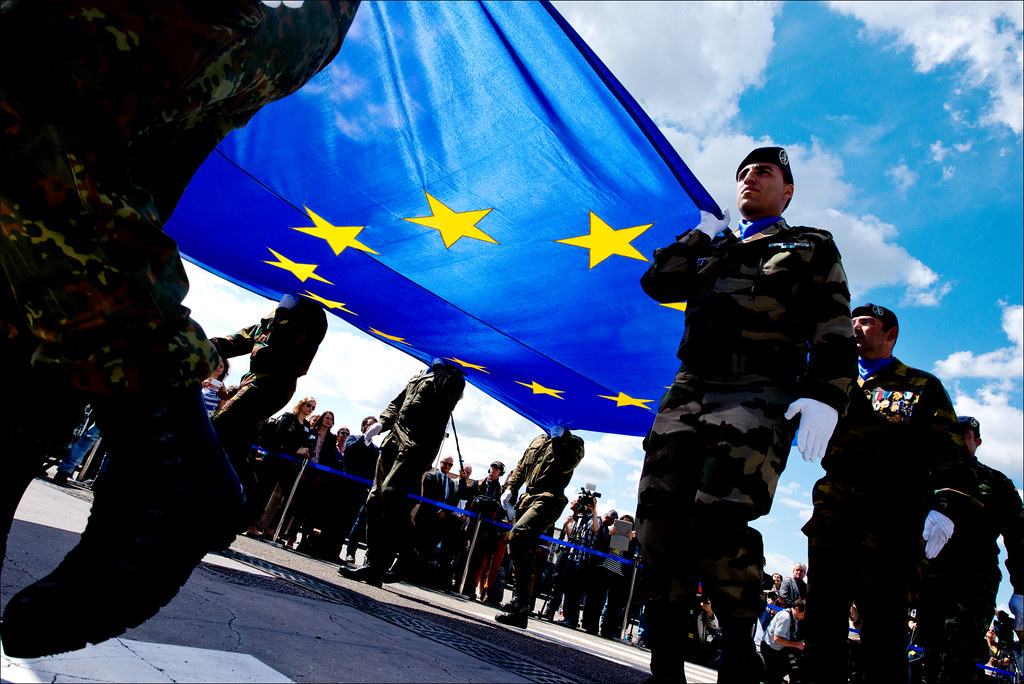Haylie Pallister reflects on her time as a postgraduate student reading for an MA in International Security.
When I tell people that I study International Security , most have no idea what it means or what the degree encompasses. The discipline is a branch of International Relations, but with a more focused approach upon security matters such as terrorism, intervention, diplomacy and strategy.
After completing my undergraduate degree in International Relations I felt that I was ready to specialise within a more focused field of study. I researched differing options but the MA International Security programme at UEA really stood out to me. Although some of the background material was familiar to me, the module options allowed for a much greater depth of understanding as well as a narrower focus on a range of key issues affecting the international system.

On this course there are three compulsory modules. During my first degree compulsory modules always felt like the least enjoyable ones, but I thoroughly enjoyed all of these, as they are explicitly relevant to the course and tie in with the optional modules available. International Relations Theory was the first compulsory module, and whilst I already had a basic grounding in theory, this module expanded that knowledge and made it applicable to real life occurrences. When it came to assessment there was a lot of freedom to apply the theories to case studies of our choosing. I used a post-structuralist framework to analyse the changing of naval rescue operations in the Mediterranean.
I also enjoyed the second core module- International Security– as it focused on terrorism and counter-terrorism, both in theory and practice. The 5,000 word assessment really allowed students to look into an area that interested them. I wrote about security in Southeast Asia, which has become a region of increasing interest to me throughout the degree.
The third compulsory module- War Games– contained group simulation exercises in which we were given a role and a situation mirroring core dynamics within a field of international security. As well as being great fun, these exercises tested our rationality, compromise and arguing skills, all which are essential in the political world. Across all modules there was a varied range of assessments such as debates, essays, group reports and presentations, which are beneficial as they allow students to gain confidence when being tested differently.
The most notable change to the course from undergraduate to postgraduate level is the number of international students which join the course for the MA. As a British student it is refreshing to hear the vastly different opinions of other students, whether they are European, American, or Chinese, as this has broadened my own thinking, and allowed for an increased awareness and understanding of different perspectives on world politics. These friends have provided me with a greater political mindfulness, as they all come to the course with distinct areas of interest that I would not have previously considered or even been aware.
On a final note, do not underestimate the work that needs to be put into a masters degree! If you are not genuinely interested in the course material you will find it difficult to cope with the demands of postgraduate study. If you have a passion for the subject, though, you will find that this course will definitely develop your existing knowledge, and allow you the chance to explore new theoretical, regional and empirical areas of international affairs.
Haylie Pallister, MA International Security 2015-2016
Find out more about our MA in International Security
Image Credit: Haylie Pallister





